Research
Creative Recovery Network is committed to contributing to the growth of evidence-based research that documents the legacy and impact of arts-based programs in a disaster management context.
A body of research that demonstrates the tangible and intangible outcomes of creative recovery programs can support the sector to design policy frameworks and funding opportunities that embed the arts in programs to support community resilience.
The research shared here has been initiated by Creative Recovery Network in partnership with other organisations. More research projects developed by other organisations and academic institutions can be accessed in our case study library.
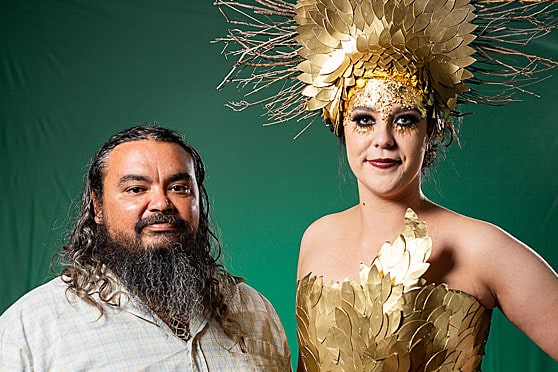
Impacts of Creative Recovery
Creative Recovery Network and the Foundation for Rural and Regional Renewal (FRRR) partnered to investigate the role that creative projects, initiatives, collaborations and processes play when communities are recovering from disaster or other significant climate impacts.
The study investigates the impact legacy of five FRRR funded creative recovery programs that utilised arts-led methodologies. Each case study demonstrates a striking influence on placemaking and community revitalisation and a legacy of lasting social capital, enriched community connection and economic development.
Recommendations are made in this report on three levels: for funding bodies, disaster management and local communities. The evaluation recommends new approaches to provide ongoing support for creative recovery programs, to embed creative recovery processes into policy that is integrated into wider disaster management arrangements, and investment in local creative economies to provide ongoing participation and employment in the arts.
Commissioning Partners: Creative Recovery Network and the Foundation for Rural and Regional Renewal
Author and Researcher: Elouise Bagnara
Researcher: Bronwyn Ward
downoad the REPORT SUMMARY
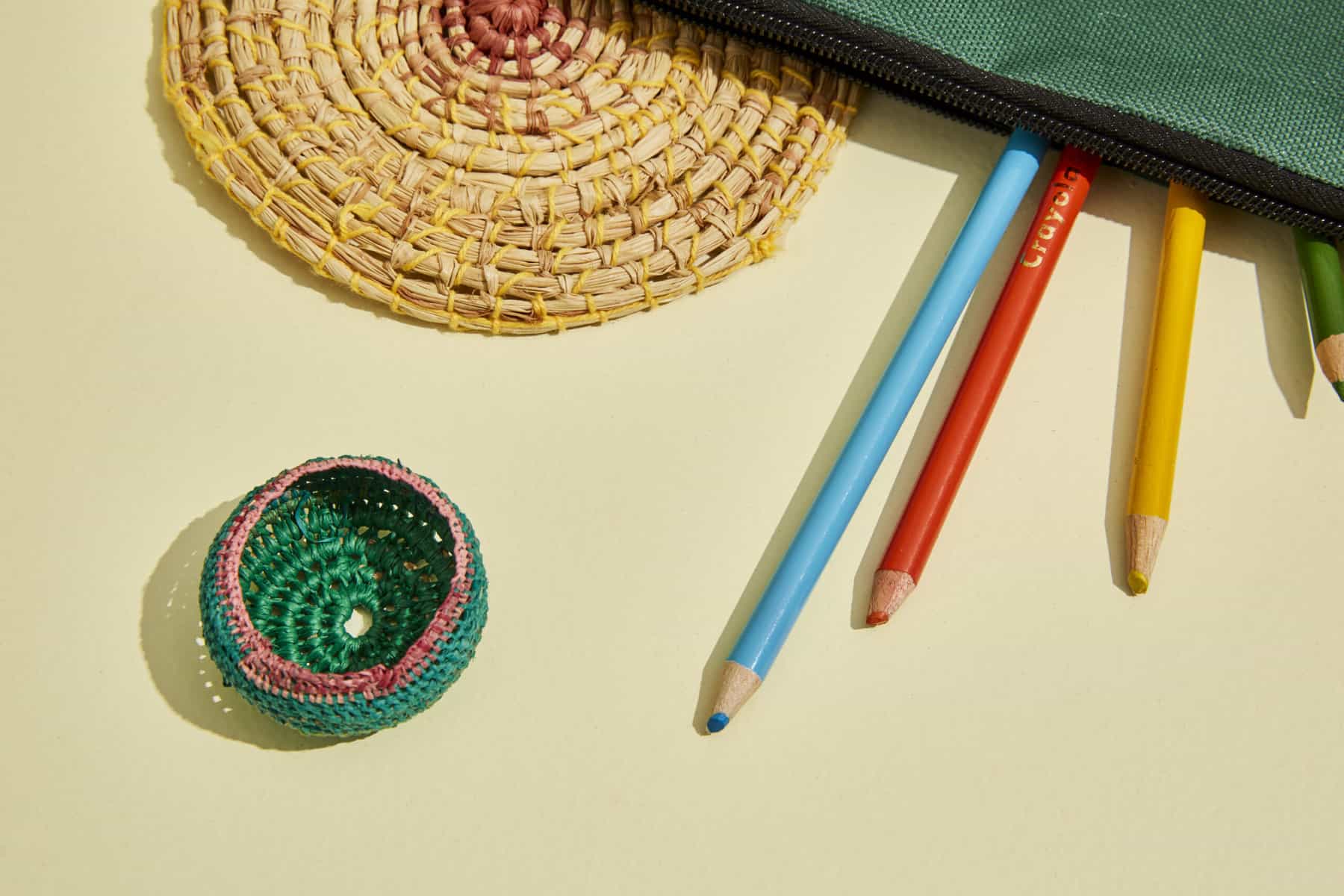
With Care and Curiosity: A WHO Resource on Arts Practice and the Ethics of Care
Creative Recovery Network is collaborating with the World Health Organisation as the Australian representative for the development of a new resource on arts practice and the ethics of care.
The resource is being developed with participation from thought and practice leaders in this area from the six WHO geographic regions.
Creativity is a fundamental human activity and a powerful resource for individual and community health and care. Arts practitioners of all disciplines, throughout major global crises including the Covid-19 pandemic, climate change, and ongoing forced displacement, offer particular pathways to creativity, adaptability, insight, meaning-making, and revitalization.
The WHO Resource on Arts Practice and the Ethics of Care will offer questions to consider in creative projects within communities where care is an identified concern as well as strategies to support arts practitioners in caring for their own health and wellbeing.
This project is a work in progress.
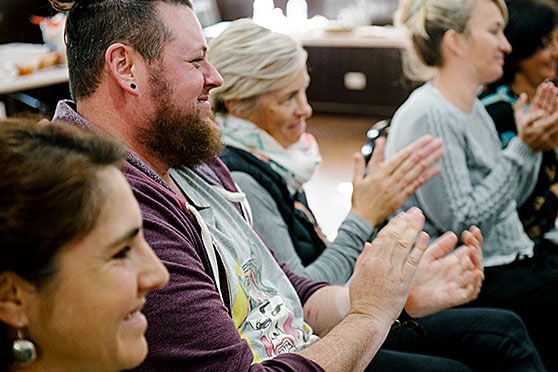
Creating Well: Working Sustainably in Communities
Creating Well: Working Sustainably in Communities, shares the findings of a four-year collaborative research project between Creative Recovery Network and Community Arts Network designed to grow a deeper understanding of the support needs for community-based arts workers and identify the gaps in support that exist within the sector
The report clarifies the consistent challenges faced in community-based practice and calls for the sector as a whole to evolve towards new standards of practice and a framework to better support practitioners in high performance work environments.
The research process included consultation with arts workers from a range of settings and an extensive professional supervision program with a group of Western Australia-based Community Arts and Cultural Development workers, modelled on best practice models in the health and social services sectors.
The research was undertaken in partnership with psychologist Dr Shona Erskine and researcher Dr Peta Blevins, and included the participation of 19 sector research participants and 13 professional supervision pilot program participants.
Publication date: September 8, 2021
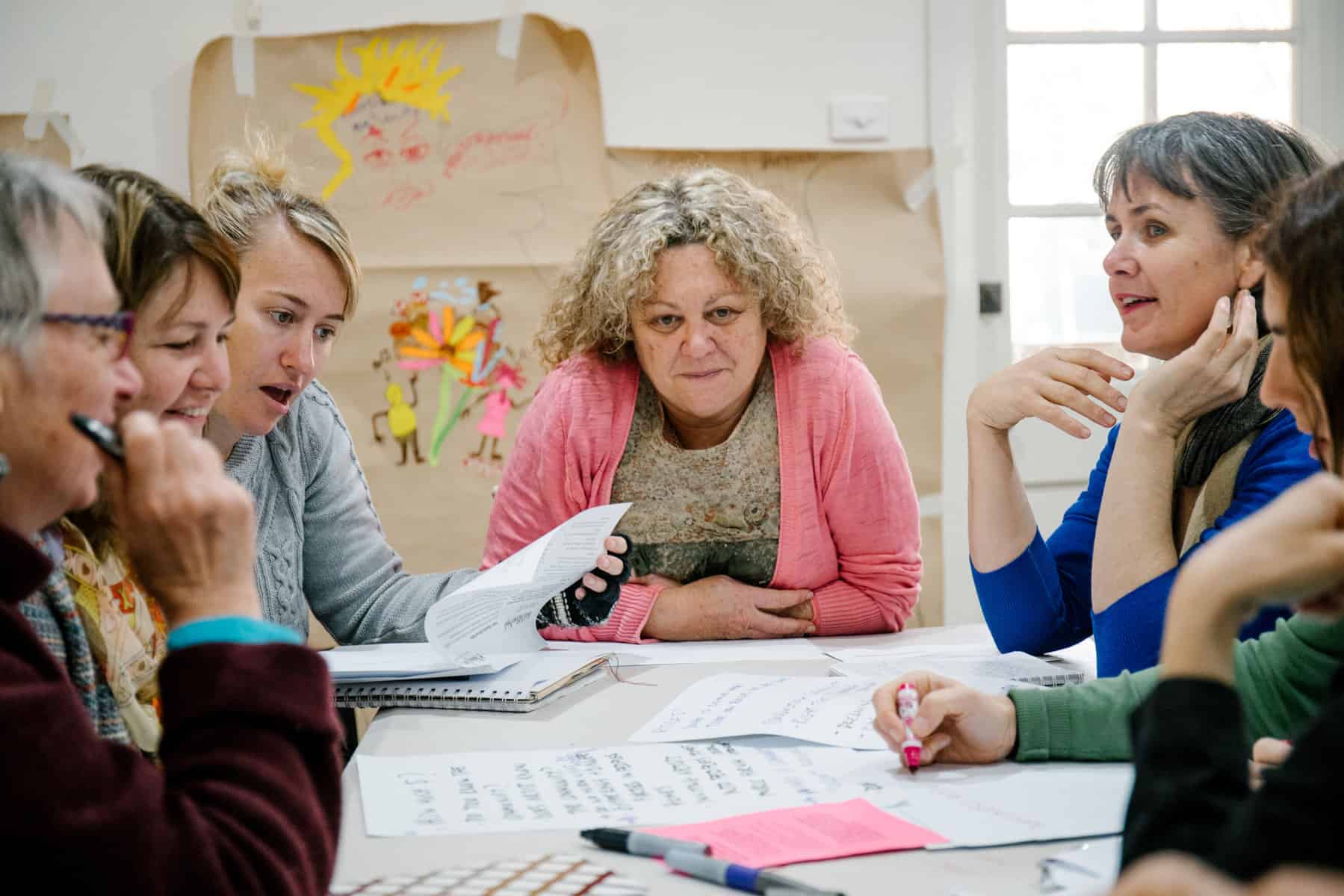
Creative Recovery Methodological Research: Framing The Mess
This project aims to explore and advocate for the fundamental role of arts and culture at all stages of disaster management and at all levels of operation in the mitigation and adaptation to climate risks and impacts.
The project will test and refine the Creative Recovery Impact Framework, consolidate existing knowledge and build evidence for policy and inclusion across the disaster ecosystem.
It will build on practice and develop resources to position the role of culture and the arts as a vital contributor to climate resilience and its impacts on our communities’ wellbeing.
Practice Partners:
Alex Wisser, Kandos School of Cultural Adaptation
Dr Jen Rae, Centre for Reworlding
Academic Lead:
Claire Hooker, CREATE Centre, University of Sydney
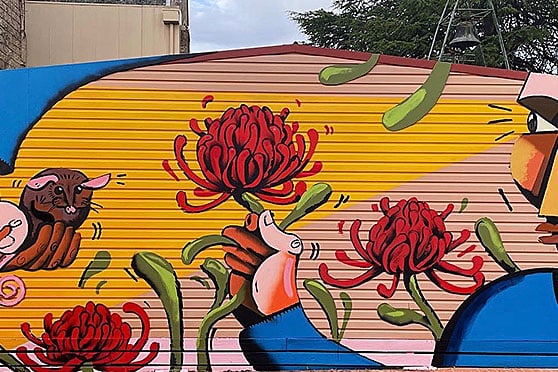
Creative Recovery Package Review
Victoria 2020 - 22
Creative Recovery Network collaborated with Regional Arts Victoria (RAV) to evaluate RAV’s Creative Recovery Package delivery across communities in regional Victoria impacted by the 2019/20 bushfires.
The evaluation process identified community cultural development impacts for the creative recovery work being implemented across the region in East Gippsland, Towong, Alpine, Wangaratta, Mansfield and Indigo Shire Council areas intended to support community connection, engagement and resilience.
The overarching context of the evaluation report is to contribute to the body of research that clarifies the impacts of arts-led programs to forge a stronger base for their ongoing funding and development.

Connected Lives: Creative solutions to the mental health crisis
Australia Council for the Arts
Connected Lives: Creative solutions to the mental health crisis presents findings from Australia Council’s Arts, Creativity and Mental Wellbeing Policy Development Program which was a 4-month series of discussions that ran from February to May 2022.
The report outlines a series of recommendations for government and identifies areas of strategic priority of the sector.
As part of the Policy Development Program, the Council held an Arts, Creativity and Mental Wellbeing Forum as a precursor to the 4-month program. Through this Forum, the Council launched a series of video case studies that demonstrate the benefits of arts engagement for wellbeing across a diversity of demographics. Creative Recovery Network is featured in the video case studies at the links below.
JOIN OUR COMMUNITY OF PRACTICE
